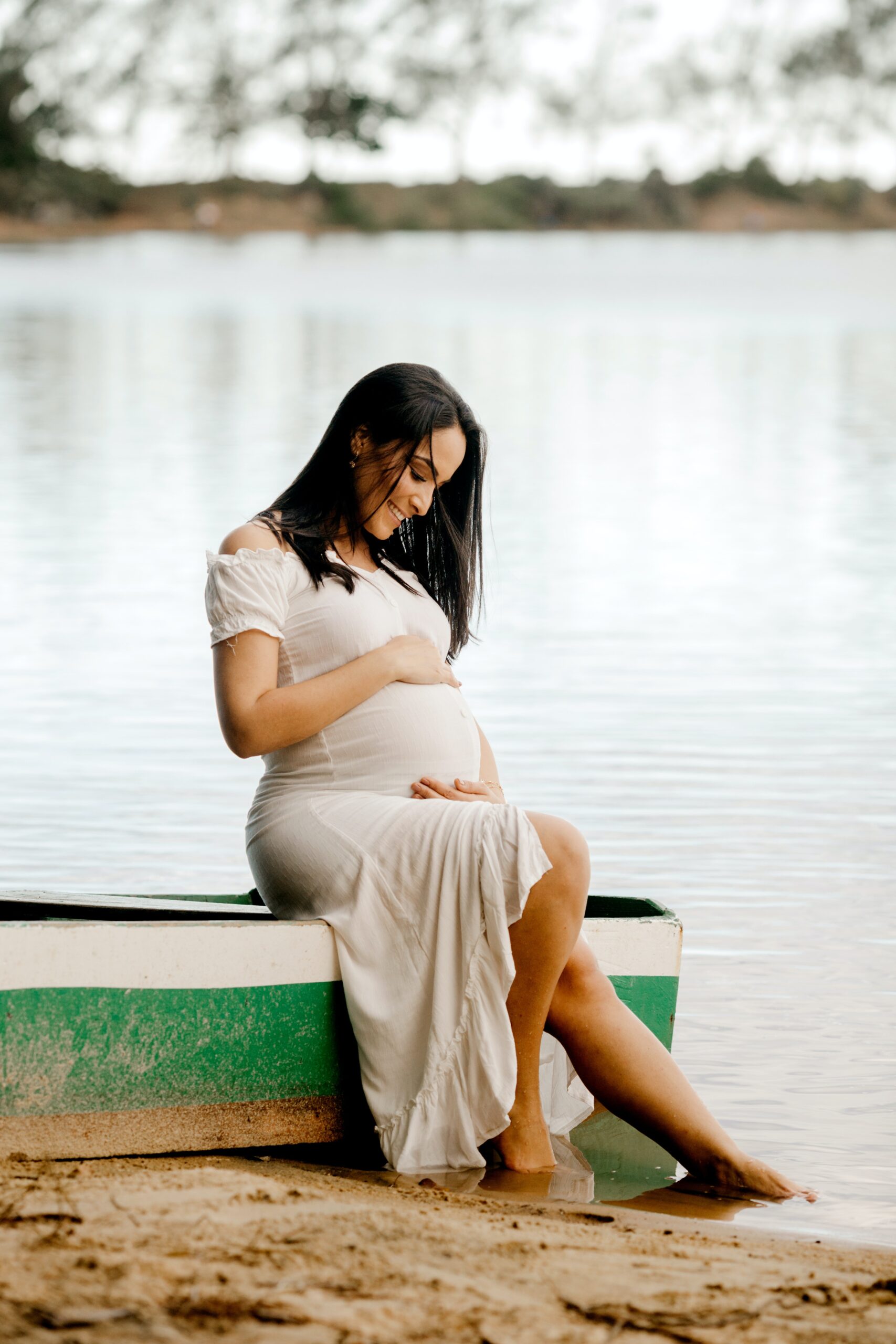Unexplained infertility is a term used by clinicians to describe women who have failed IVF multiple times despite good embryos and despite a full workup for other conditions. Many of these women fail because of undiagnosed endometriosis, often asymptomatic. Endometriosis is also an underlying cause of women outside of IVF centers who experience recurrent pregnancy loss defined as 2 or more miscarriages. Fertility specialists now use a test called ReceptivaDx to look for a protein marker called BCL6 that is highly associated with endometriosis and helps clinicians diagnose the underlying causes of infertility as well as predict IVF outcomes.
A positive BCL6 test indicates that you may have inflammation on the uterine lining, most often associated with endometriosis and that can affect your reproductive outcome. Without treatment, you can get pregnant with a positive BCL6 result using IVF, but the chances are low, about 12% on the next transfer according to studies. However, with treatment, either hormone suppression or surgical laparoscopy, chances improve substantially to over 62%,a five fold improvement.
ReceptivaDx helps patients with silent endometriosis have an accurate diagnosis and start treatment early. Here are some things you should know about the test.
How the ReceptivaDx Test Works
The BCL6 (B Cell Lymphoma-6) protein is often secreted in women with endometriosis within their menstrual cycle. Such cells are higher among women experiencing silent endometriosis, which the test seeks to identify.
Your fertility specialist performs a BCL6 test within a clinical setting. The test involves an endometrial biopsy which is sent to a lab that looks for the presence of an elevated BCL6 score. High BCL6 values can indicate that a patient has endometriosis. While a positive result is highly associated with endometriosis, your doctor may use surgical laparoscopy to confirm and remove any endometriosis found or may simply order a hormone suppression regimen for 60 days before trying IVF again.
How Much Does the ReceptivaDx Test Cost?
The ReceptivaDx BCL6 test has high levels of accuracy and is available for $690. Your total cost may differ depending on the testing center and exact requirements.
Doctors might recommend additional testing based on your clinical situation. For instance, a marker called CD-138 test can help confirm endometritis, a bacterial infection also causing inflammation on the uterine lining.
What Next After a Positive BCL6 Test?
Positive BCL6 results indicate inflammation of the uterine lining. The inflammation is most often associated with endometriosis and often leads to infertility. Since BCL6 is associated with endometriosis, your doctor might recommend various treatment options, including:
- Hormone Therapy: Patients typically receive 60 days of hormone suppression therapy usually through a 2 dose injection. The hormones stop ovulation and reduce inflammation allowing the endometriosis to subside long enough for the embryo to attach.
- Laparoscopy: A surgeon makes an incision below the navel and inserts a laparoscope to identify endometrial implants. This method, while invasive, can remove the endometriosis through deep laparoscopic excision surgery.
Improve Your Pregnancy Chances After Testing Positive for BCL6 Endometriosis
Eliminating endometriosis through surgery or hormone therapy increases your chances of getting pregnant. ReceptivaDx testing is often the first step toward solving unexplained infertility.
The ReceptivaDx test has high specificity and sensitivity for endometrial inflammation. Visit us at ReceptivaDx.com for testimonials and more information including a free phone consultation. Or, talk to your doctor today to see if the test is right for you.

